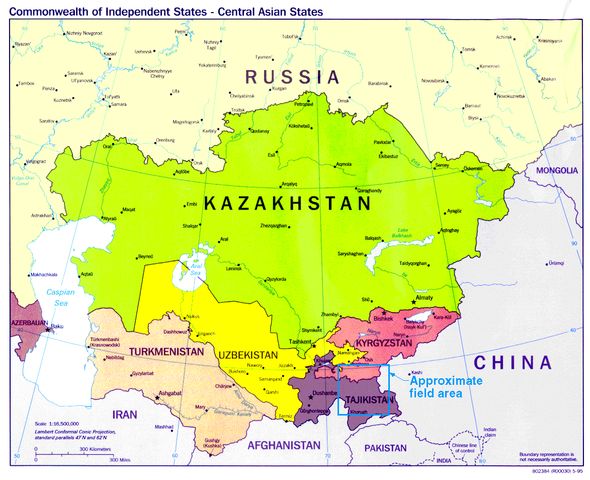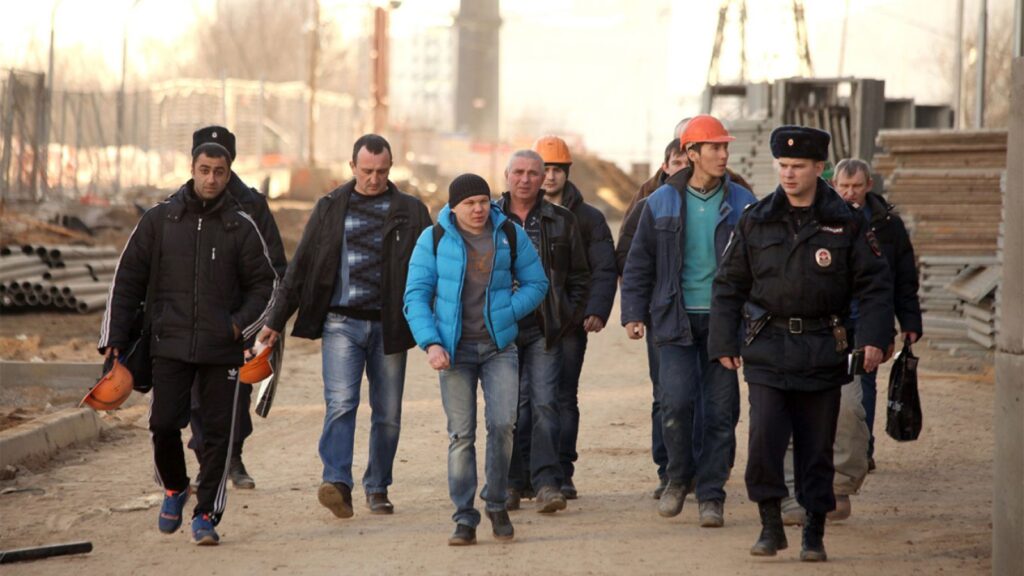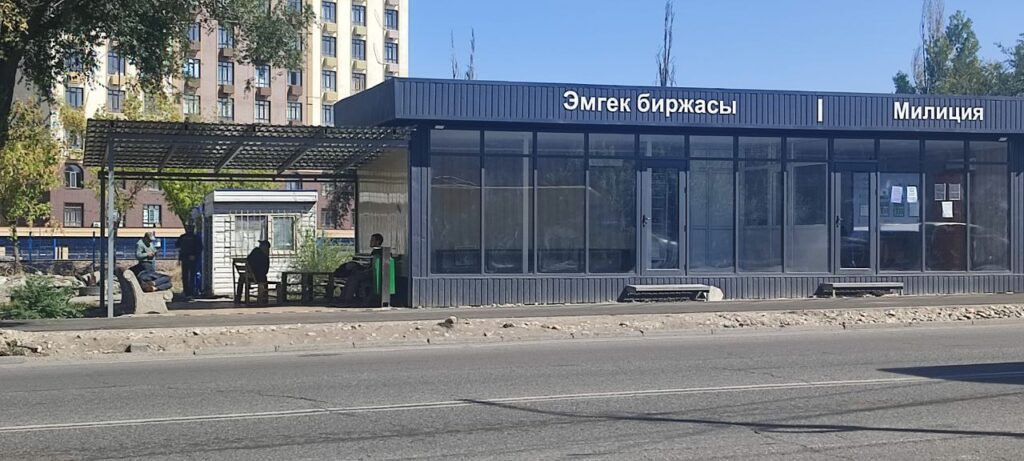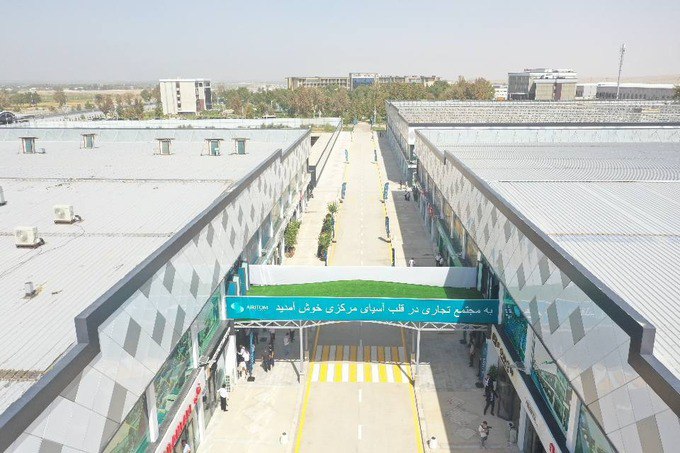ALMATY (TCA) — The United Nations Development Programme (UNDP), together with the International Labour Organization (ILO), the European Bank for Reconstruction and Development (EBRD), and the Government of Finland, on June 23 launched a conference on Employment, Trade, and Sustainable Development in Kazakhstan, Kyrgyzstan, Tajikistan, Turkmenistan, and Uzbekistan, the UNDP in Kazakhstan said.
The participants of the forum include government, private sector, and civil society representatives from the 5 countries, together with UNDP, ILO, and EBRD staff as well as other national and international partners.
All the countries represented at the conference are facing challenges of diversifying their economies and generating decent jobs. They have seen that economic growth which relies overly on one or two exports — or on remittances — is vulnerable to shocks, and is not resilient. While employment levels are relatively high in the region, many people work in jobs that are low-wage, informal, and insecure. Many face high risks of poverty and exclusion – of being “left behind”.
Participants are also looking at the role of trade and the private sector in promoting employment-rich and sustainable development. Trade can contribute to raising living standards and creating quality jobs, but small Central Asian producers still face significant barriers in accessing markets abroad due to the high costs of taking goods across borders.
Daniele Gelz, project manager of UNDP’s Aid for Trade project, which is active in Kyrgyzstan, Tajikistan and Uzbekistan, stressed the need for partnerships in promoting more diverse, employment-intensive and environmentally sustainable trade patterns: “We are happy to report on our new partnership with UNCTAD [UN Conference on Trade and Development] in identifying products and value chains which are potentially marketable, profitable, but which can also be produced in environmentally sustainable ways.”
Experience in the region has shown that women face particular obstacles in grasping the opportunities offered by business and trade. These are discussed in a session chaired by the EBRD on Women in Business.
Janet Heckman, EBRD Director for Kazakhstan said that promoting women’s entrepreneurship is an important avenue for economic growth and diversification. Women in Kazakhstan show great entrepreneurial spirit and EBRD’s programme “Women in Business” forms part of a wider commitment to women’s economic empowerment in the country. The programme, which is co-funded by the EBRD and the government of Kazakhstan, offers credit lines, risk management support and technical assistance to local partner banks who work with women-led SMEs and business advisory services, training and mentoring to women-led SMEs directly.
Migration has played a significant role in reducing poverty in the less wealthy Central Asian countries, but its benefits are offset by a series of human costs – to families and communities. Together with the Eurasian Development Bank, UNDP has researched migration patterns from Tajikistan and Kyrgyzstan and is looking at how migration can be better managed to reduce informality and risks, and ensure that it can bring more benefits for economically and socially sustainable development.









